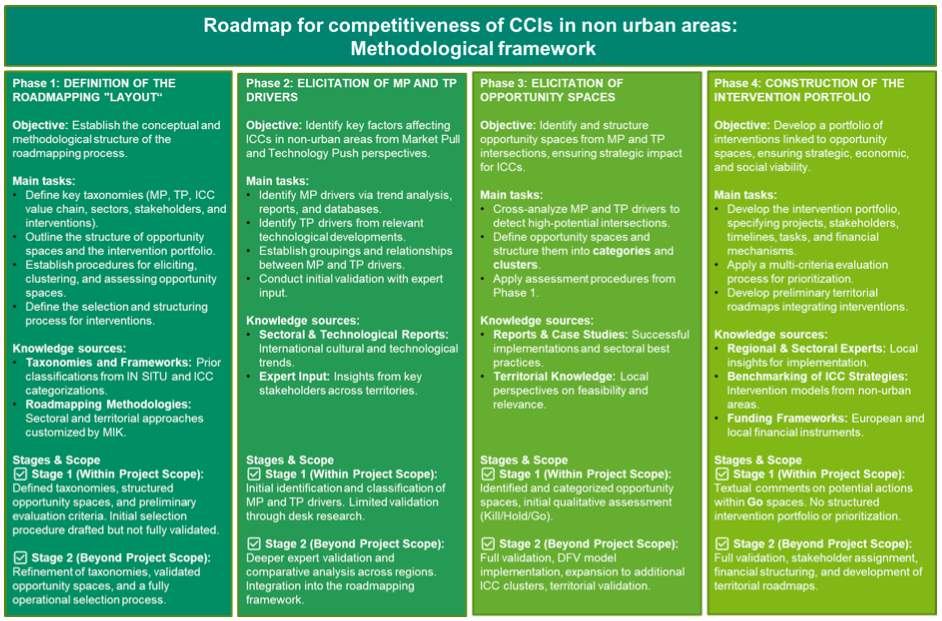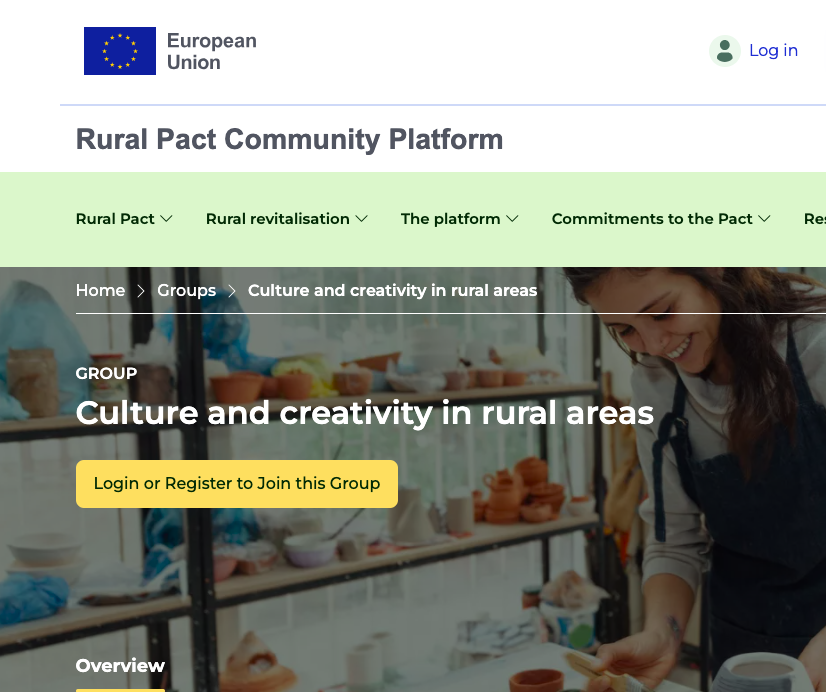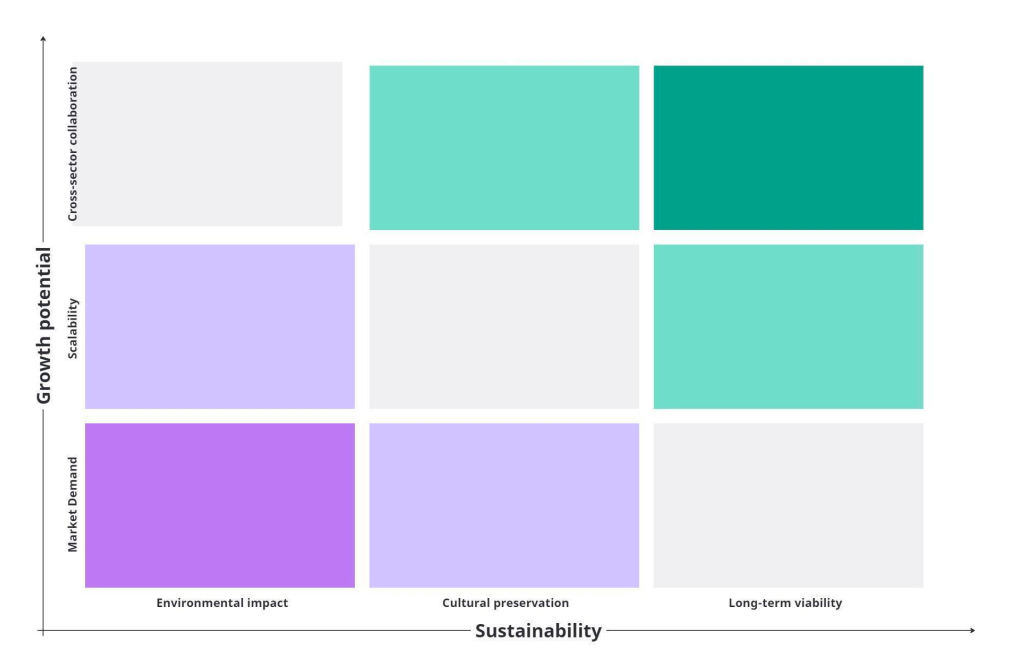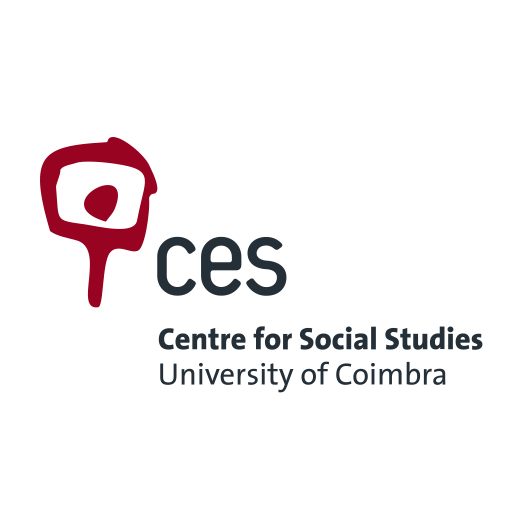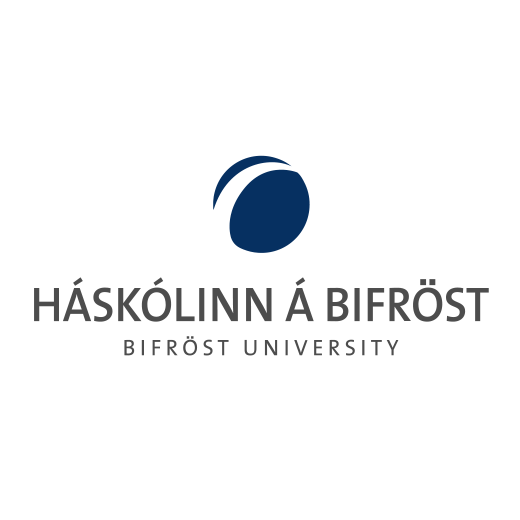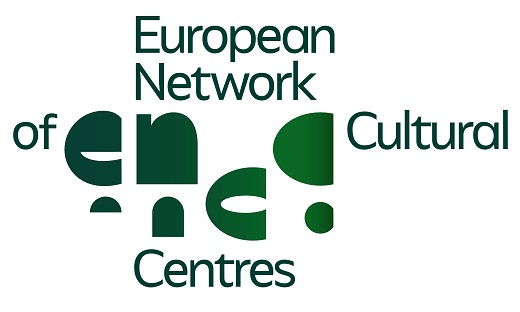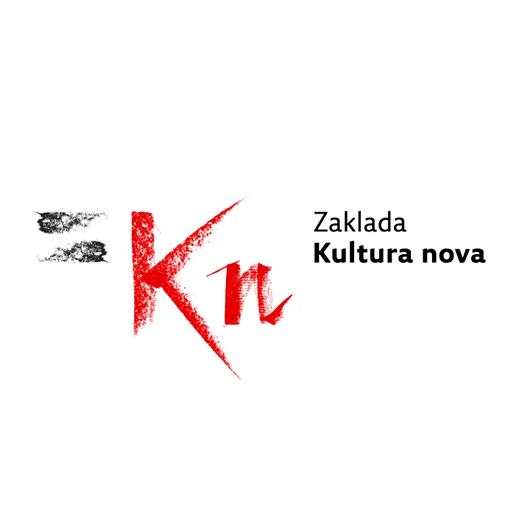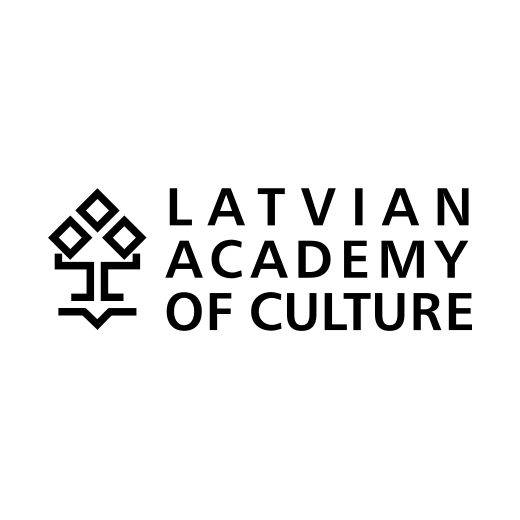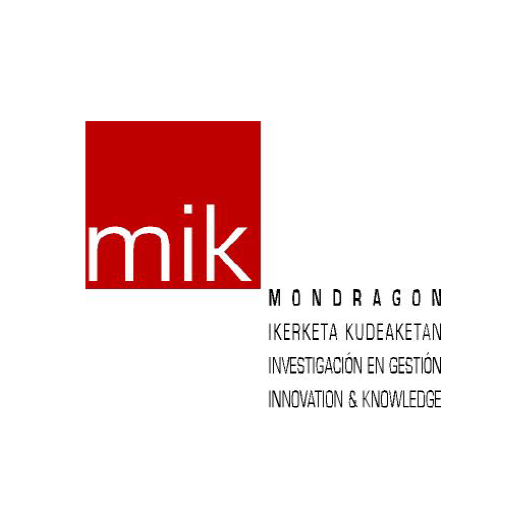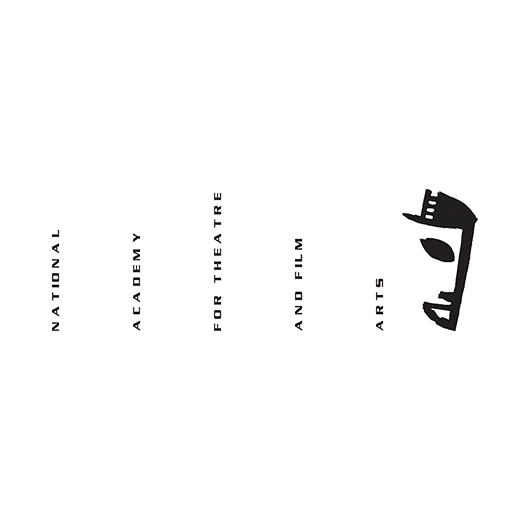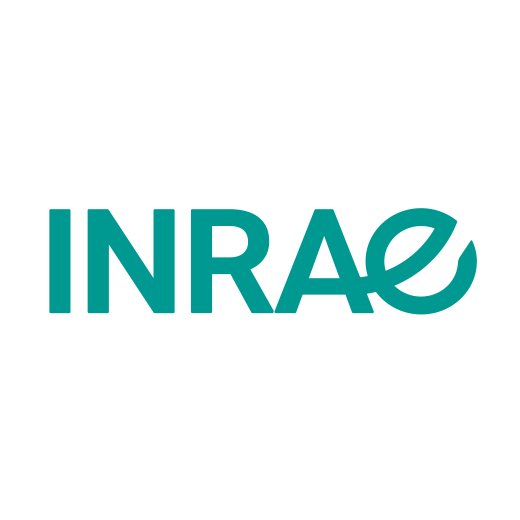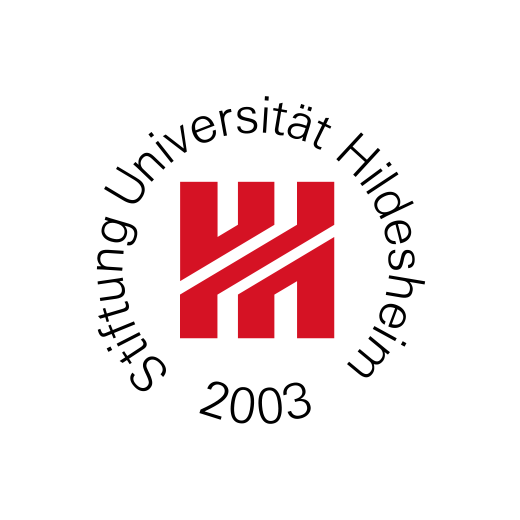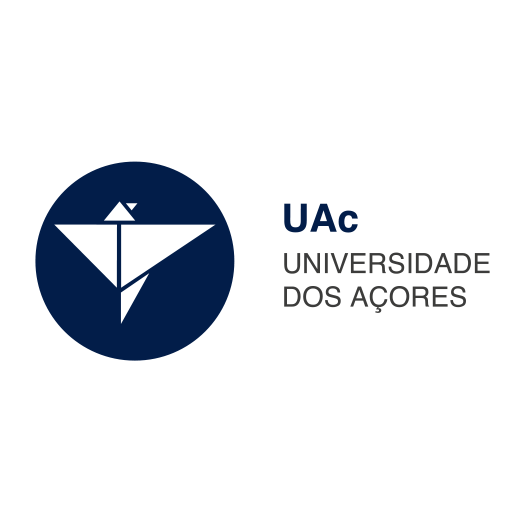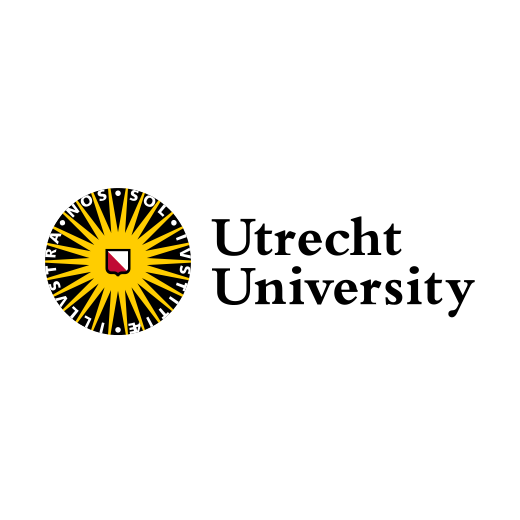The IN SITU project recognises gender as a key sociocultural and transversal matter, addressing this issue from social justice and cultural development perspectives, and viewing the cultural and creative industries (CCIs) as strategic tools in the exercise of the public’s cultural rights. With the report “Gender dimension of CCIs in non-urban areas“, IN SITU publishes an important view on inequalities and discrimination based on gender in the cultural and creative sector that attempts to move away from a urban-centric perspective in order to focus on rural areas. The report was developed by the IN SITU research team of the University of Hildesheim with the support of the Centre for Social Studies of the University of Coimbra and of the IN SITU Lab partners, whose networks made it possible to conduct qualitative interviews.
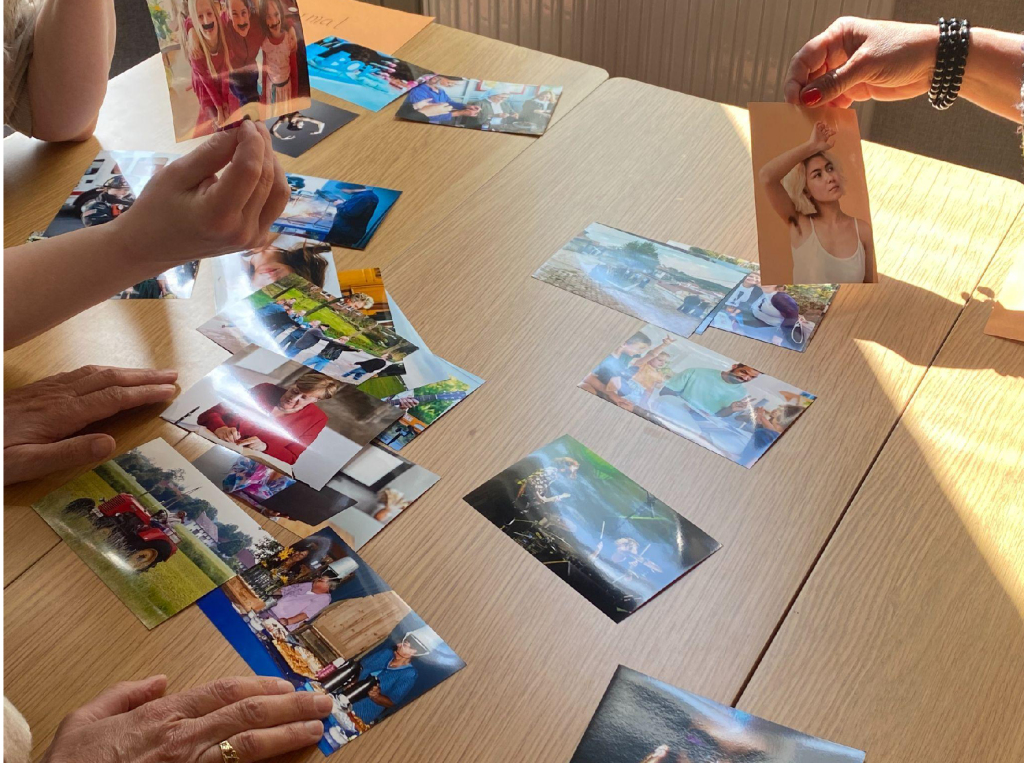
The research involved two components. First, a literature research and the creation of a bibliography made research gaps and the transformation of the discourse on gender though time visible. Secondly, a series of qualitative interviews helped address the lack of published data regarding non-urban areas. Eight interviews were conducted, involving at least one interview with a practitioner in each of the IN SITU Lab areas (Azores archipelago, Portugal; Western coastal periphery, Ireland; West region, Iceland; Rauma and Eurajoki municipalities, Finland; Valmiera County, Latvia; Šibenik-Knin County, Croatia). This provided a more informed basis for questioning the transferability of general findings in CCIs to rural areas and gave insights into cultural differences among European Member States.
The research revealed the cultural and creative sector to be a very heterogeneous field in which working conditions vary greatly according to different subsectors or areas. Nevertheless, it also made clear that everyday working life differs particularly depending on gender. Key findings are:
- Clear “women’s” and “men’s” professions can be identified, as well as a clearly male-dominated distribution of decision-making positions. Female-dominated occupations tend to be less valued;
- CCIs function largely through male-dominated networks, making it harder for FLINTAs (Female, Lesbian, Intersex, Non-binary, Trans and Agender) to enter the workforce;
- Working conditions differ in terms of gender with regard to security, contract duration and payment (gender pay gap);
- Sexual harassment and gender-based violence are a major problem in CCIs, but one that is addressed far too little;
- Comparable data still needs to be collected.
The cultural and creative sector, often seen by society as “cool” or even progressive, is characterised by self-exploitative behaviour due to its gig economy. However, it is precisely this ethos of progressiveness that obscures existing inequalities and even pushes sexism and other forms of discrimination beyond the boundaries of the unspeakable – but not beyond the boundaries of the possible. In scholarship, sexism appears to be widely tolerated in the CCIs, described internally as an unpleasant but accepted reality. The (unconscious) reproduction of stereotypes and outdated notions of creativity and gender creates a climate that promotes unequal treatment and provides fertile ground for gender-based violence. While the situation in rural areas seems to be even more challenging in some respects than in urban areas, the interviews show that where communities are still active and communication works, there could be particular opportunities, which needs to be researched further.

Furthermore, heteronormativity influences the image of a “good” and “normal” family, love and sexuality – especially in rural areas – and thus also has an influence on the working environment in CCIs (rural areas). Still, most studies and references work with a binary gender system, excluding gender queer perspectives and experiences of people outside the constructed binary or heteronormative image. While the few sources on queerness in rural areas show that the topic of queerness is experienced and discussed differently in urban and rural areas and that aspects such as safety and visibility are and must be assessed differently in each case, it is also clear how much catching up there is to do in terms of research on this topic. In order to make queer and non-binary perspectives visible, this first report on gender developed within the IN SITU project is based on a queer-feminist perspective. For further research, we suggest supplementing it with an intersectional approach in order to take other forms of discrimination and their interconnections into account.
The report also provides an overview of strategies and recommendations for action in the endeavour to achieve a more equal cultural economy. A central point is the collection of comparable data, which can increase awareness of gender issues, demonstrate successful strategies and also help with their further development. Existing research clearly shows that in many cases a gender-sensitive approach is not guaranteed and there is a huge lack of understanding of the problem. Functioning procedures for reporting possible cases of discrimination or gender-based violence are also rarely in place.
The report thus clearly shows the great need for action and, in addition to comparable data and contact points on topics such as gender-based violence, also calls for an improvement in collective awareness. The explosive nature of the topic must be emphasised in order to create a safe environment for everyone. The cultural sector has the opportunity to act as a role model in the area of gender equality, collectively reflect on the gender system, and eventually even break down gender as a social construct. However, in order to achieve this goal, the gender dimension must be considered and approached comprehensively and with intersectionality in mind to include more than just a white, abled, middle-class, and female experience.
The gender dimension in the IN SITU research programme is jointly addressed by all partners under the supervision of the project’s Gender Committee.
For further information:
University of Hildesheim (SUH), Germany
Email: insitu@uni-hildesheim.de
Nancy Duxbury – IN SITU Project Coordinator
Centre for Social Studies (CES) at the University of Coimbra, Portugal
Email: in-situ@ces.uc.pt
Tel: +351 239 855 570
Web: https://insituculture.eu

